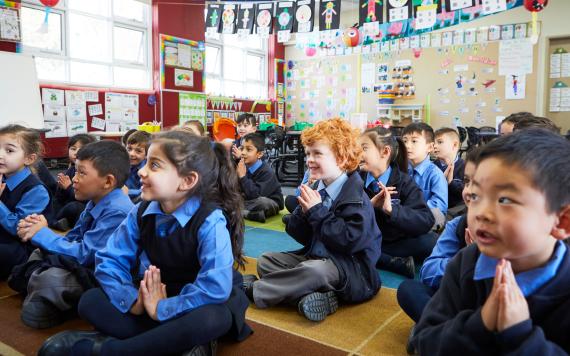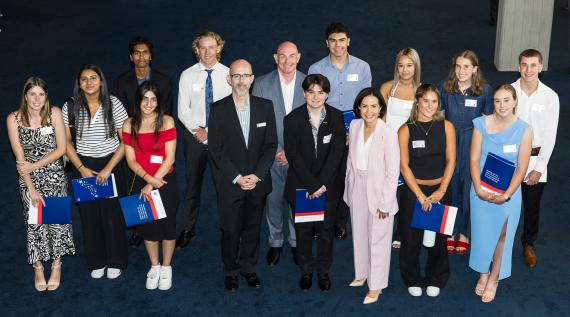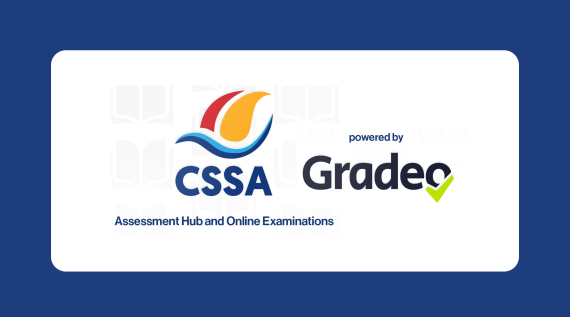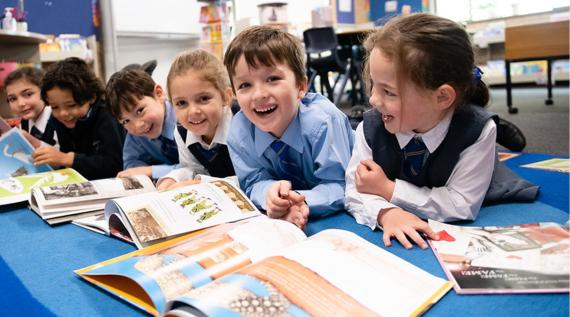- 254,952 students
- 598 schools
- 30,916 staff
Governance and Compliance
We create policies and procedures to ensure schools and systems meet statutory and regulatory obligations, especially those from NESA.
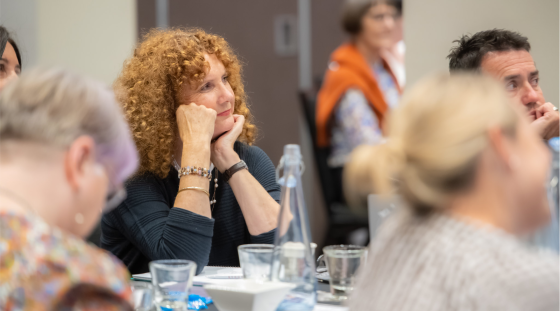
Support and Advocacy
We stand as the voice for Catholic schools, liaising with government, media, parents, and society.
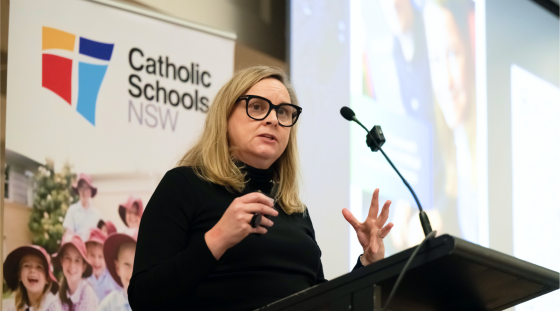
Teaching and Learning Support
We support our Catholic school leaders and educators by developing and sharing resources across a range of learning topics.
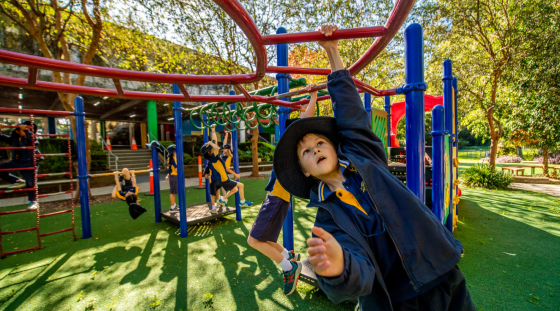
School Funding
We are responsible to the Australian and NSW governments for distributing recurrent funding to Catholic diocesan schools.
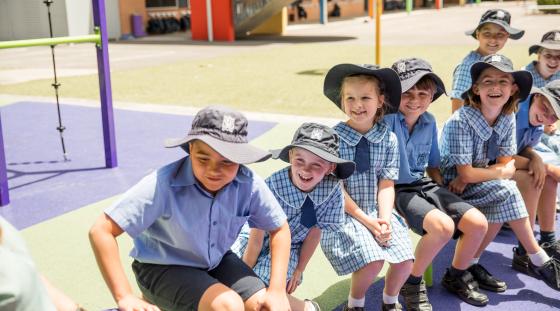
"The mission of the Catholic school is the integral formation of students, so that they may be true to their condition as Christ’s disciples and as such work effectively for the evangelisation of culture and for the common good of society."
Pope Saint John Paul II
